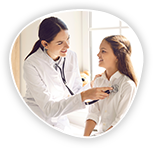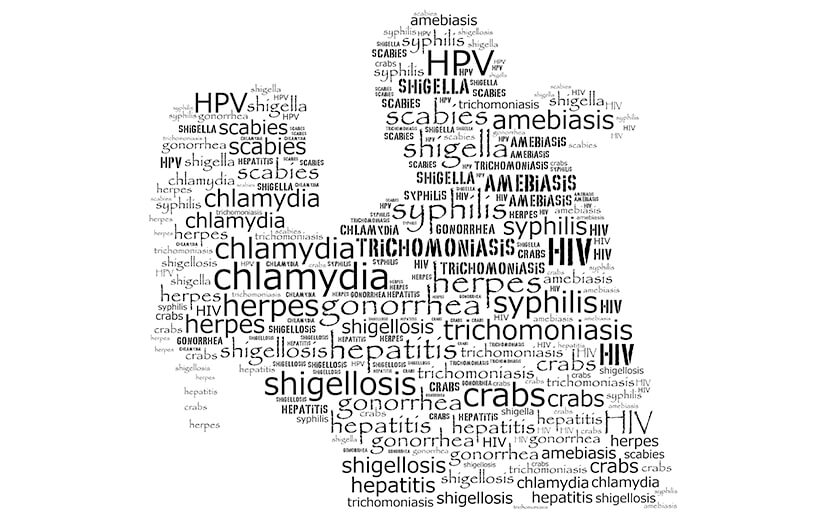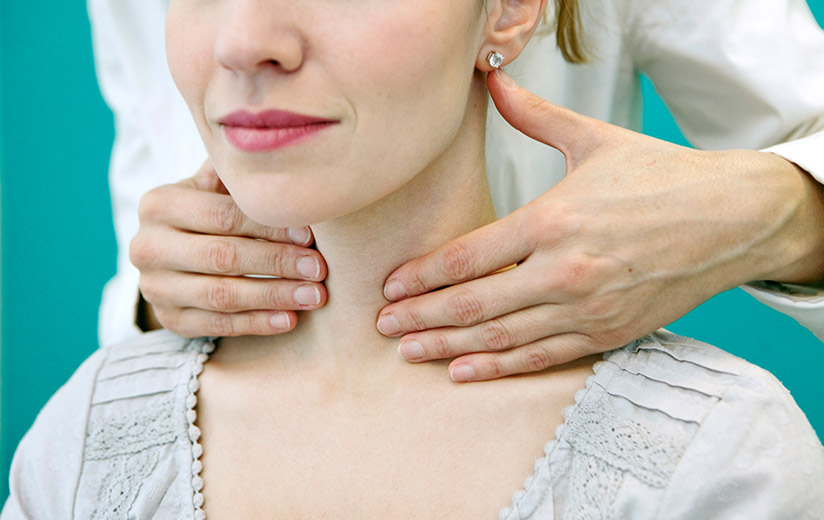Polycystic Ovary Syndrome
“Polycystic Ovary Syndrome”
Vasileios Karountzos, Eythymios Deligeoroglou, Artemis Tsitsika
One of the most important changes your body goes through during puberty is menarche. A 7%-20% of teenage girls is diagnosed with Polycystic Ovary Syndrome (PCOS).
The most common symptoms are anovulation, hyperandrogenemia and polycystic ovaries diagnosed by ultrasound. To be diagnosed with the condition, your doctor looks at least for 2 of the above symptoms.
In order to evaluate your condition, the doctor will want to check facial and body hair growth (hirsutism), or severe adolescent acne. Other symptoms are hair loss, clitoromegaly, multiple ovarian cysts and/or abnormal change in voice. Also, elevated levels of male hormones suggest hyperandrogenemia. Finally, anovulation can be diagnosed by recording the frequency of your menstrual cycle, either oligomenorrhea (few menstrual periods) or hypermenorrhea (heavy and prolonged menstrual periods <21 days). Doctors don’t know what causes polycystic ovary syndrome, but these factors may play a role: heredity, high levels of insulin in the blood. PCOS needs to be treated to prevent infertility problems.
Treatment goals are based on your symptoms. One form of treatment is the use of contraceptive pills. Exercise for weight loss improves the metabolism of insulin and decrease the symptoms of menstrual irregularities.
Vassilios KarountzosResident physician in Obstetrics and Gynaecology,PhD candidate at the Medical School of Athens University, Scientific Associate of the Greek Society of Adolescent Medicine
Efthymios Deligeoroglou
Professor of Obstetrics - Gynecology, at the Medical School of Athens University, Scientific Associate of the Greek Society of Adolescent Medicine
Artemis Tsitsika
Ass. Professor of Pediatrics - Adolescent Medicine
Scientific Coordinator of the Program "PROLEPSIS» ran by the Greek Society of Adolescent Medicine















